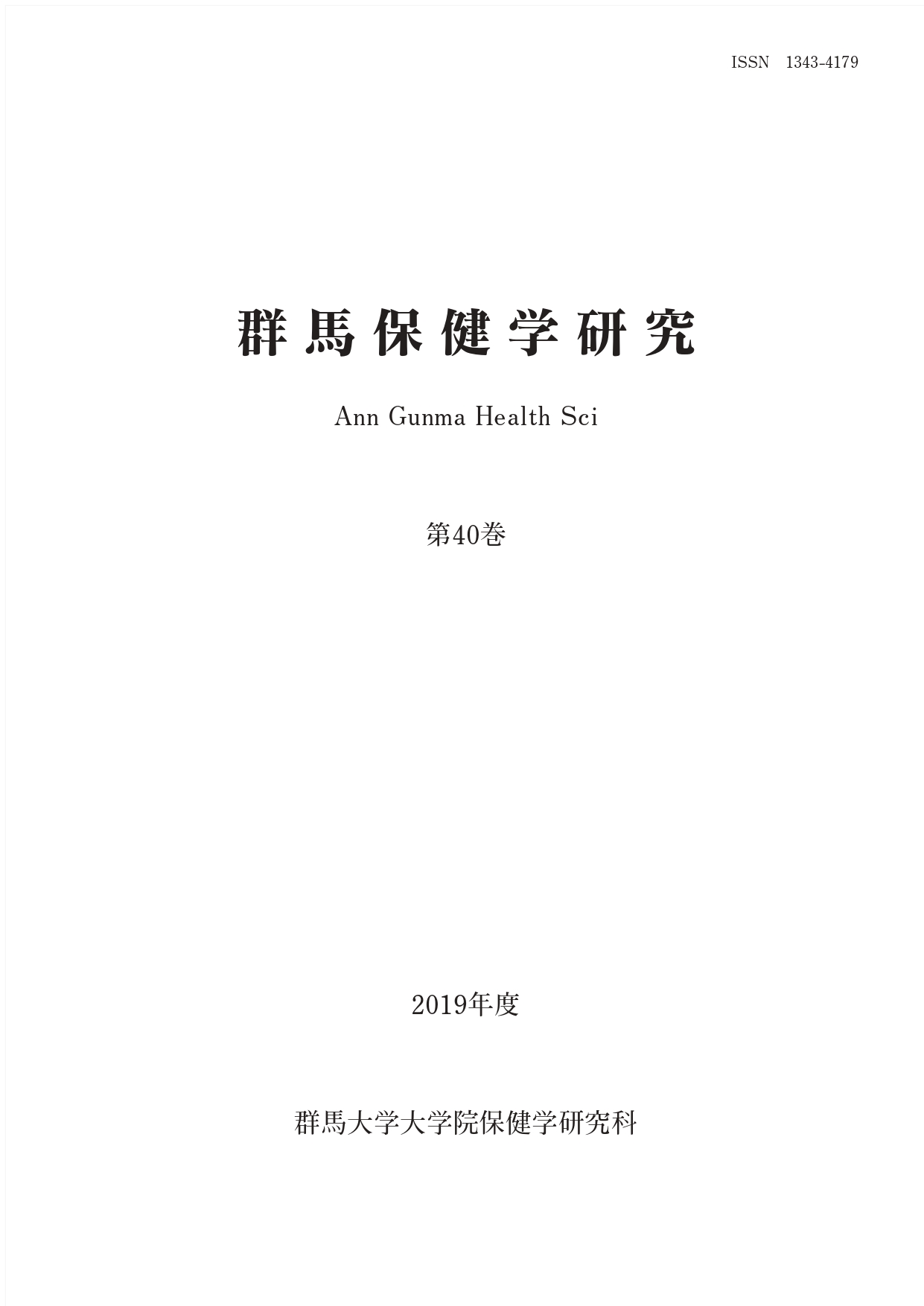Volume 42
Displaying 1-8 of 8 articles from this issue
- |<
- <
- 1
- >
- >|
-
2022 Volume 42 Pages 0-
Published: 2022
Released on J-STAGE: January 20, 2023
Download PDF (1217K) -
2022 Volume 42 Pages 1-10
Published: 2022
Released on J-STAGE: April 01, 2022
Download PDF (971K) -
2022 Volume 42 Pages 11-20
Published: 2022
Released on J-STAGE: April 01, 2022
Download PDF (1019K) -
2022 Volume 42 Pages 21-31
Published: 2022
Released on J-STAGE: April 01, 2022
Download PDF (1311K) -
2022 Volume 42 Pages 32-41
Published: 2022
Released on J-STAGE: April 01, 2022
Download PDF (1055K) -
2022 Volume 42 Pages 42-52
Published: 2022
Released on J-STAGE: April 01, 2022
Download PDF (1168K) -
2022 Volume 42 Pages 53-64
Published: 2022
Released on J-STAGE: April 01, 2022
Download PDF (1351K) -
2022 Volume 42 Pages 65-76
Published: 2022
Released on J-STAGE: April 01, 2022
Download PDF (986K)
- |<
- <
- 1
- >
- >|
